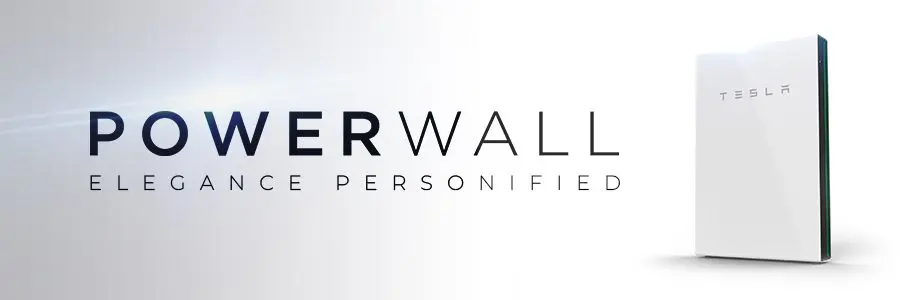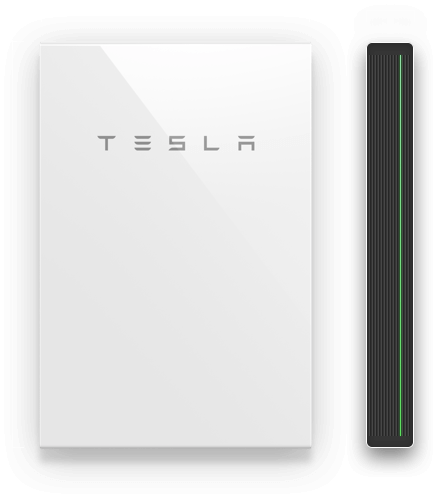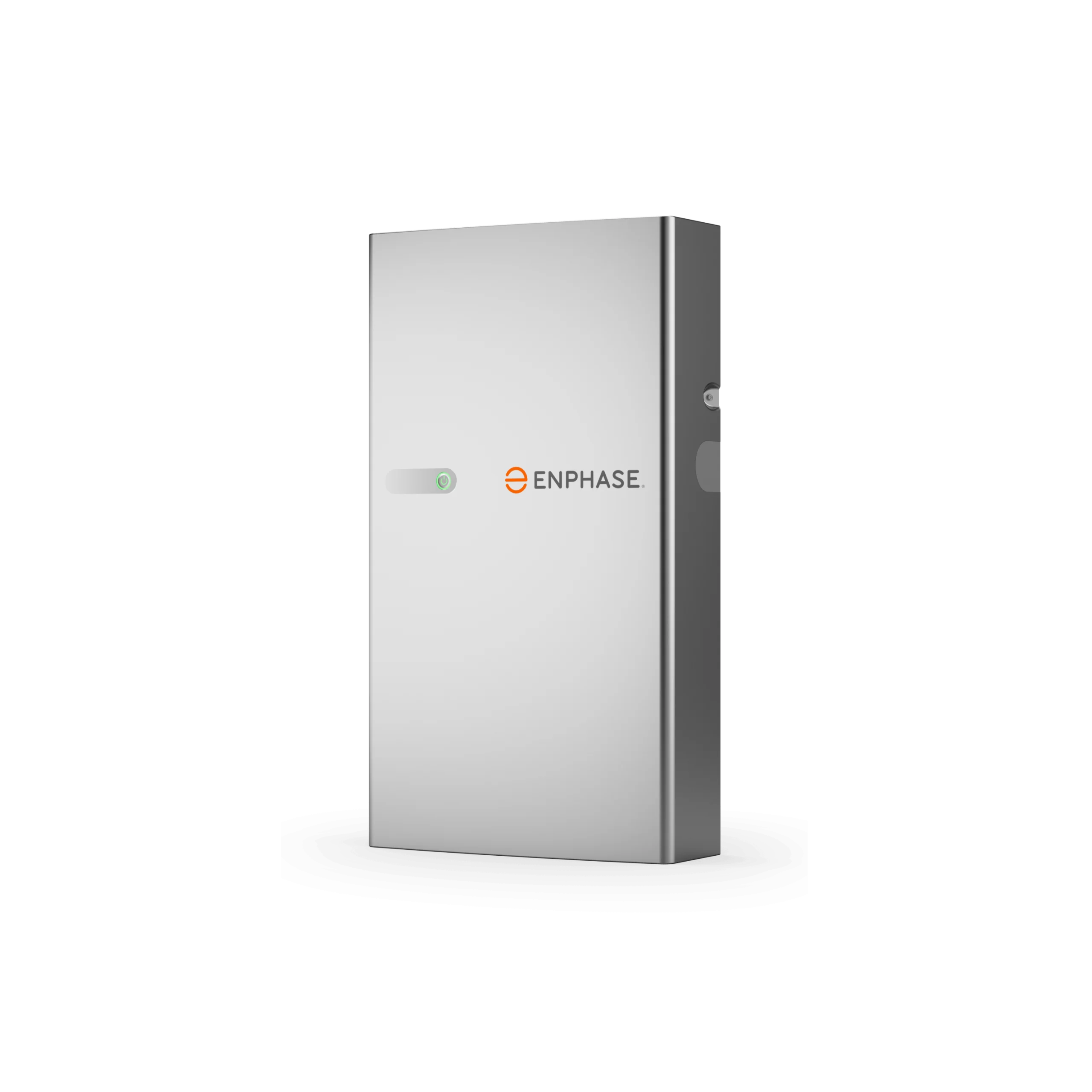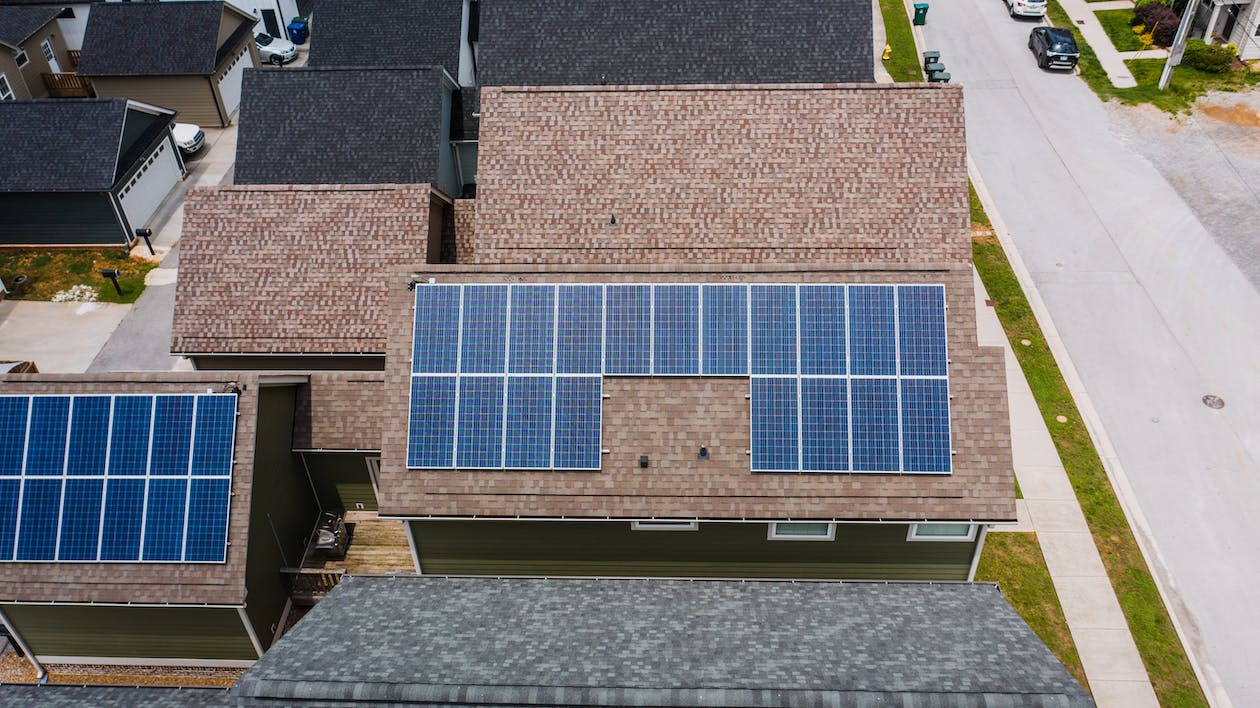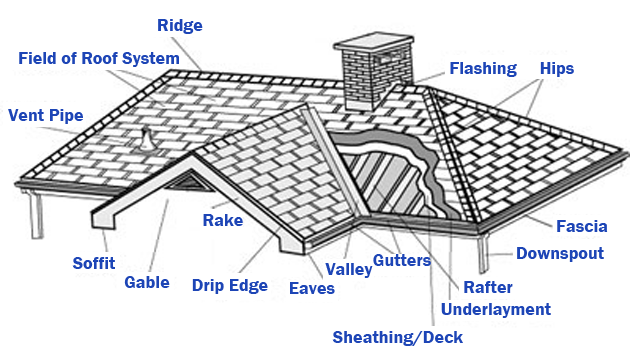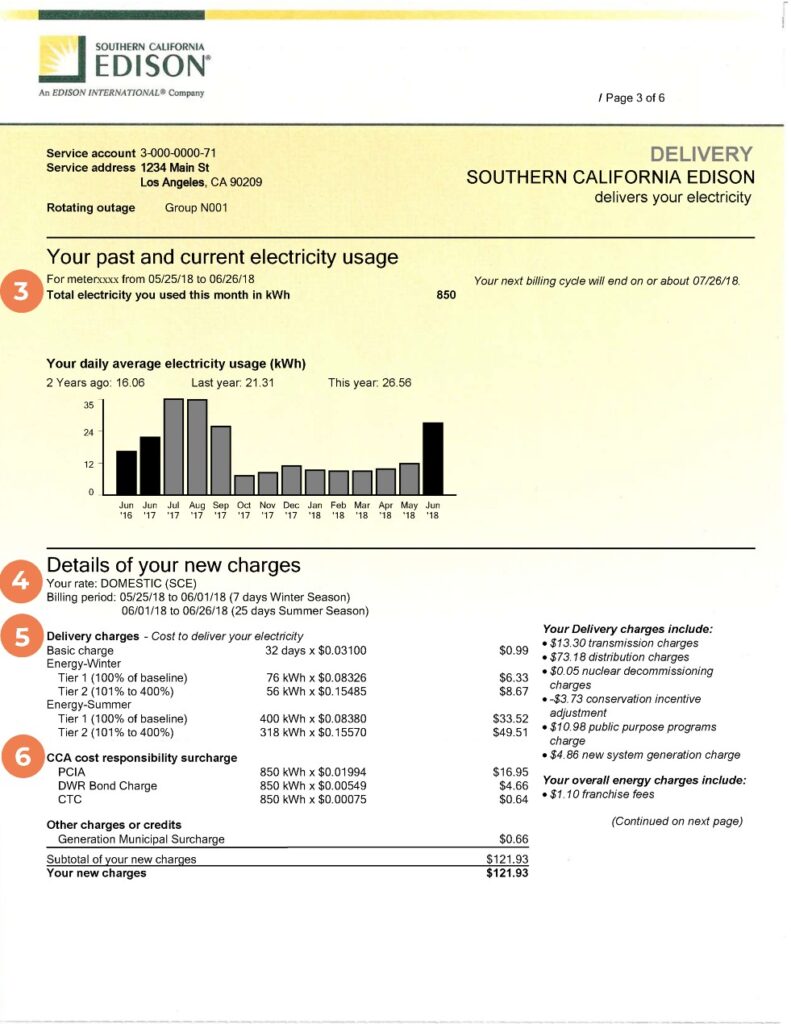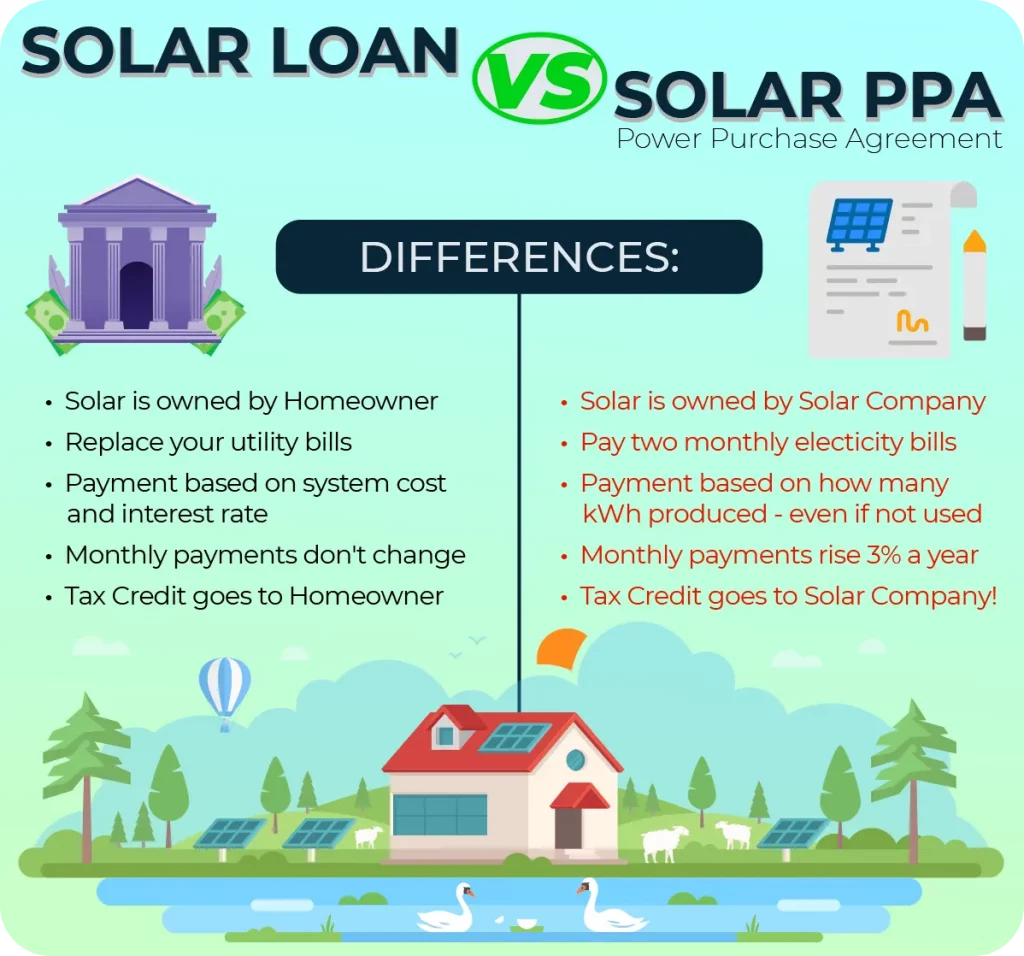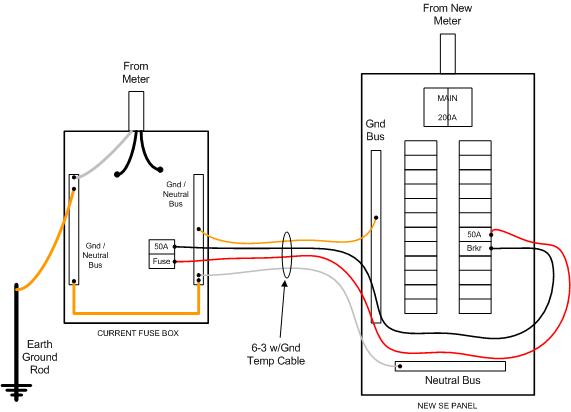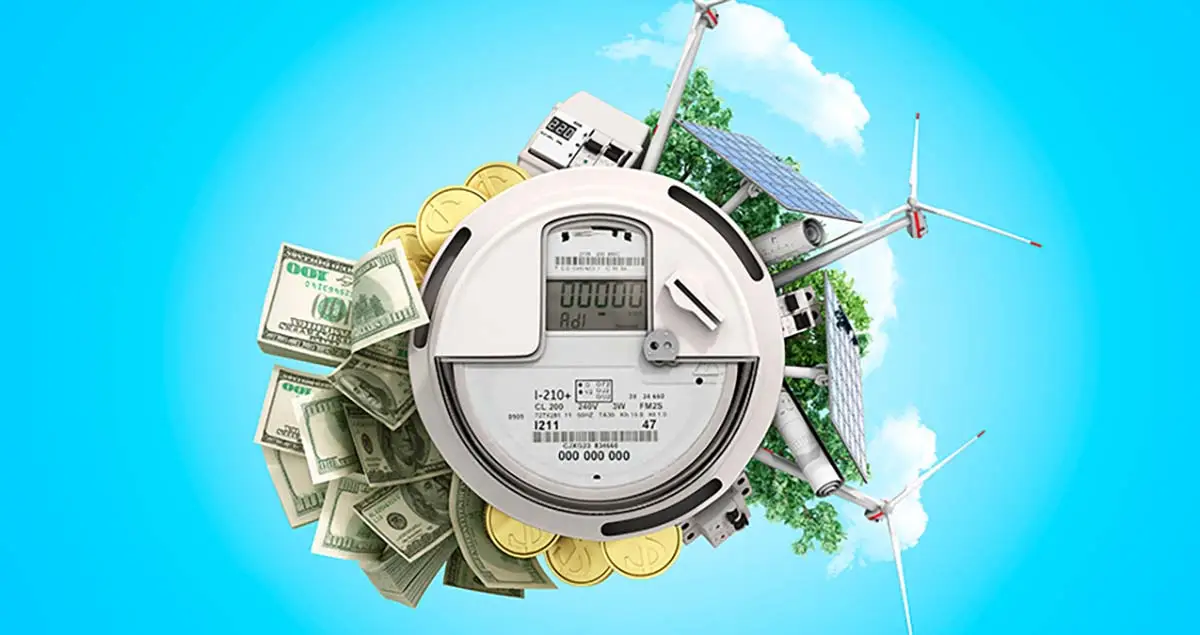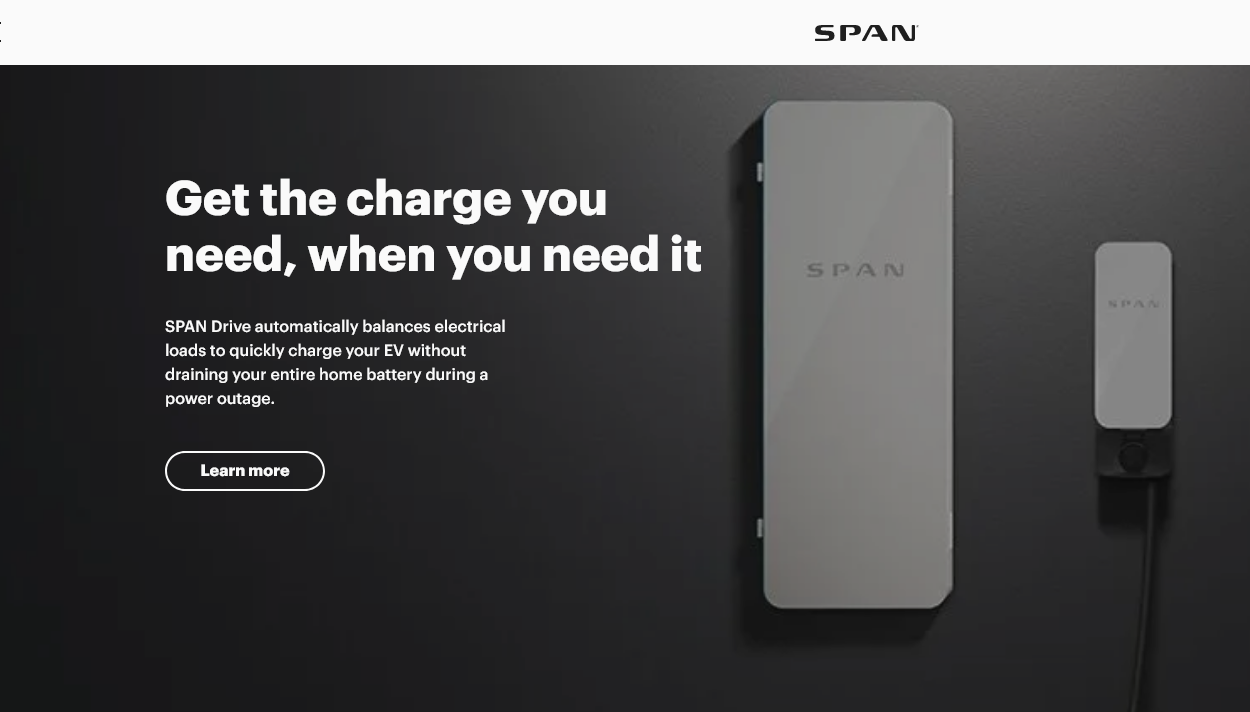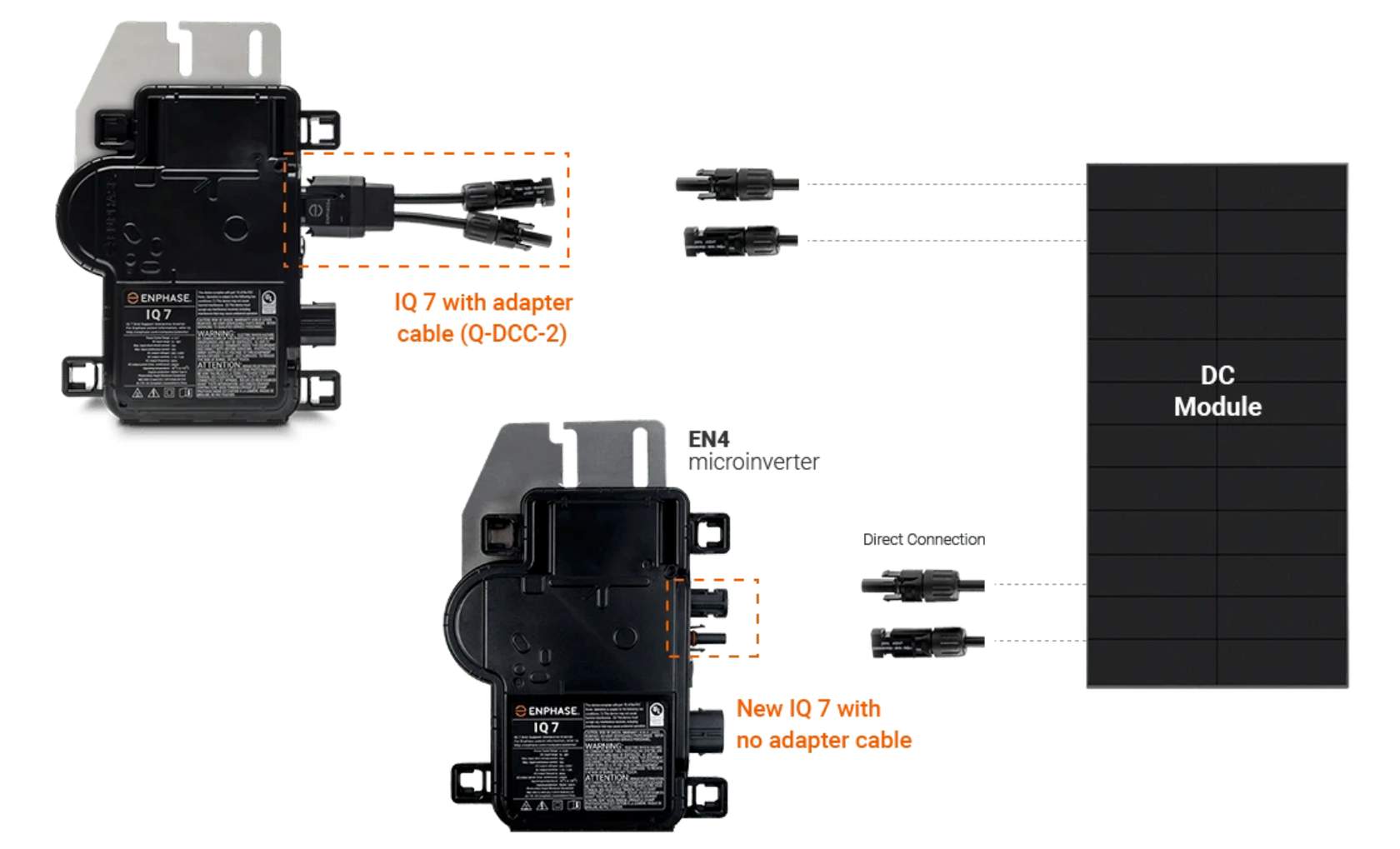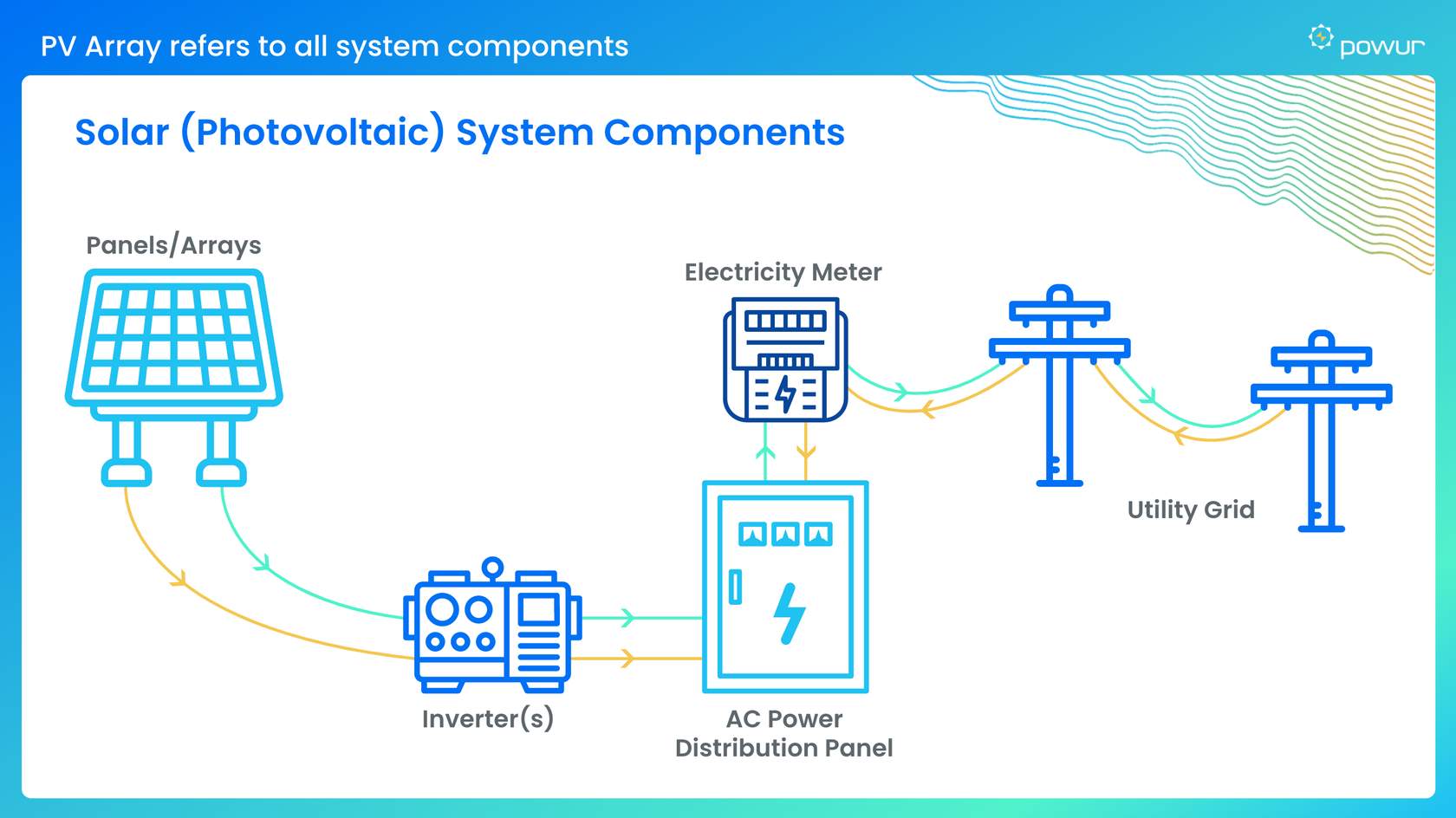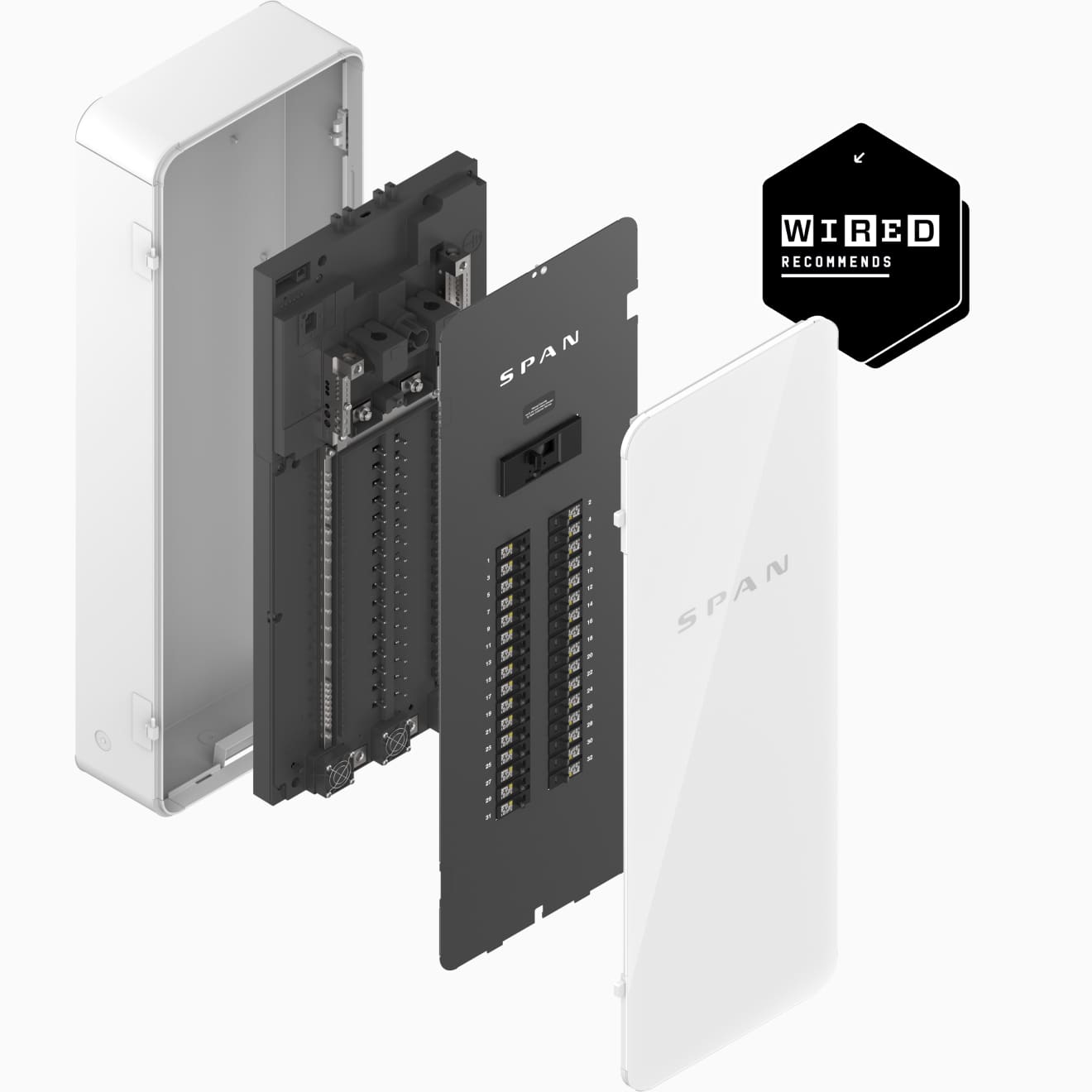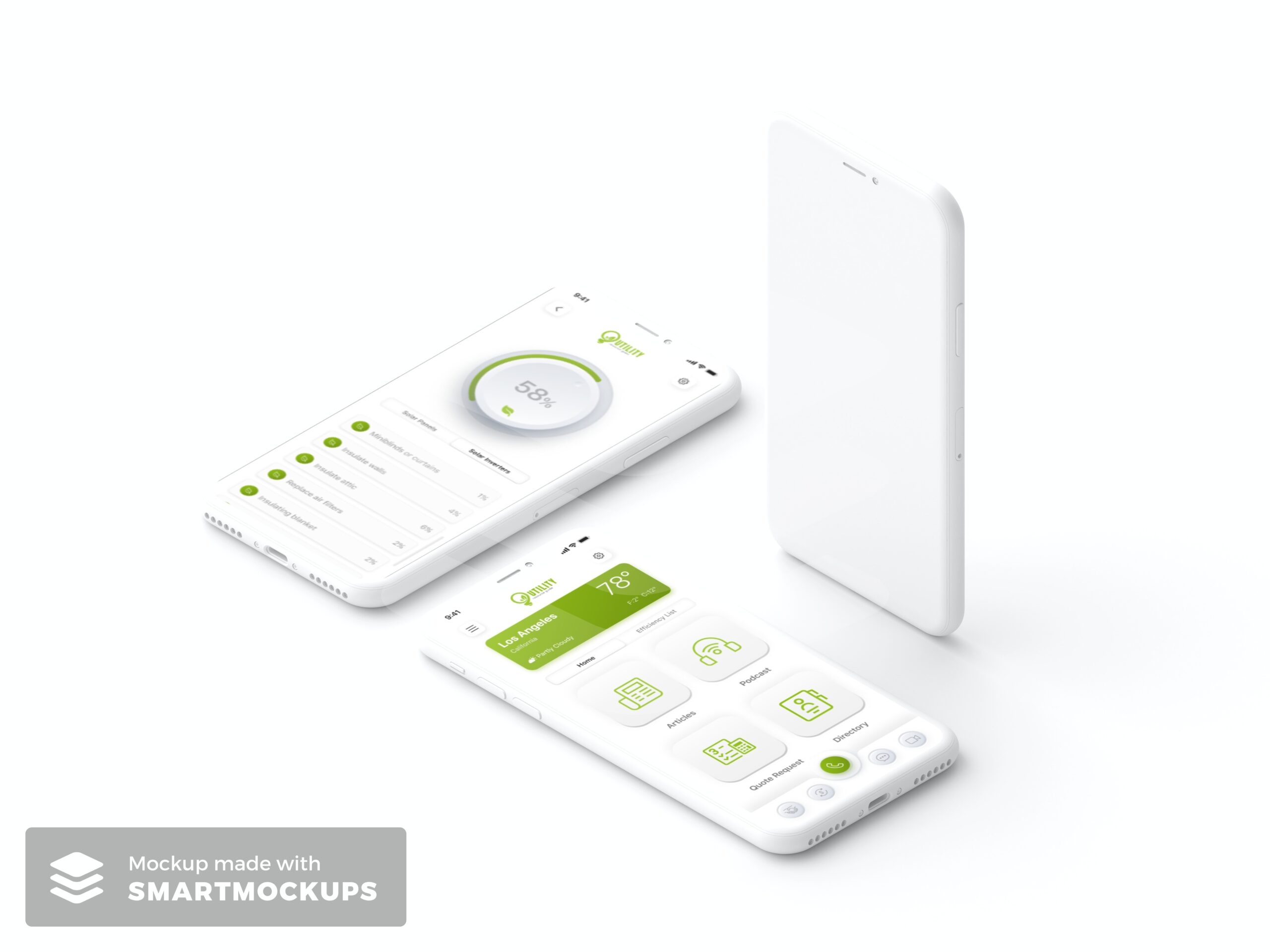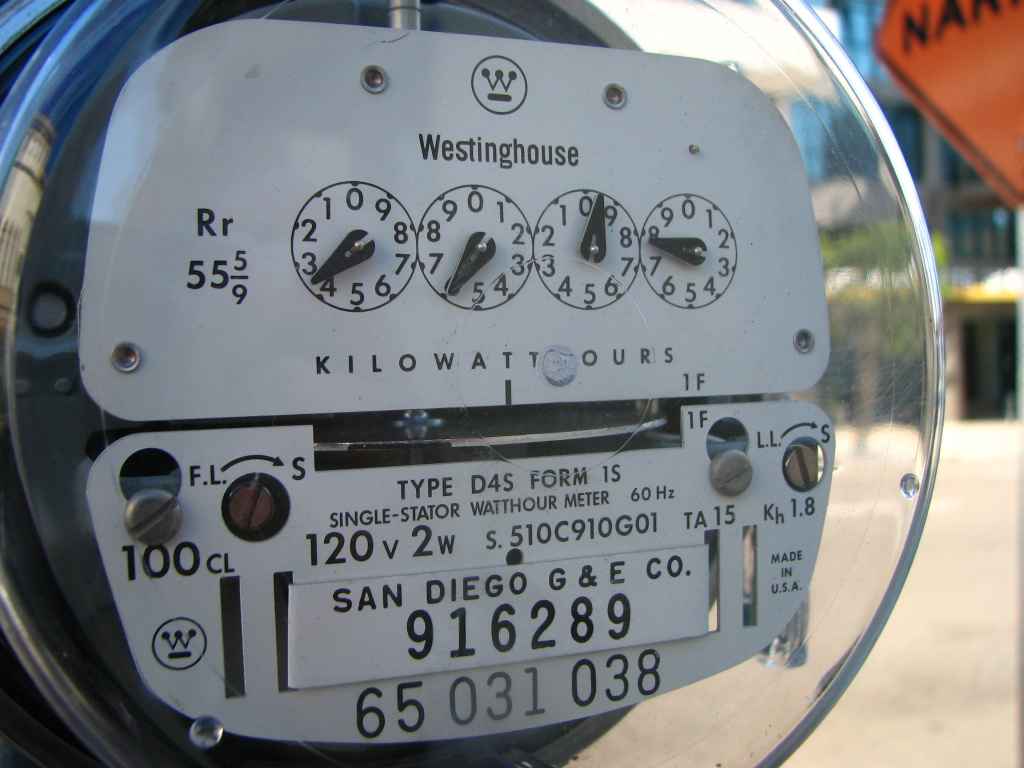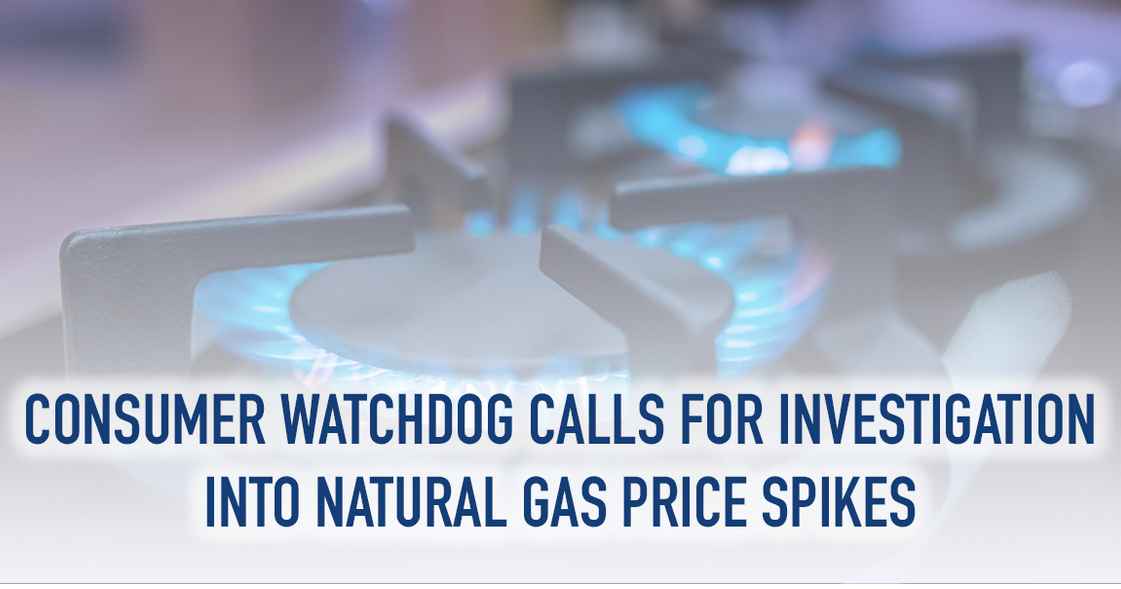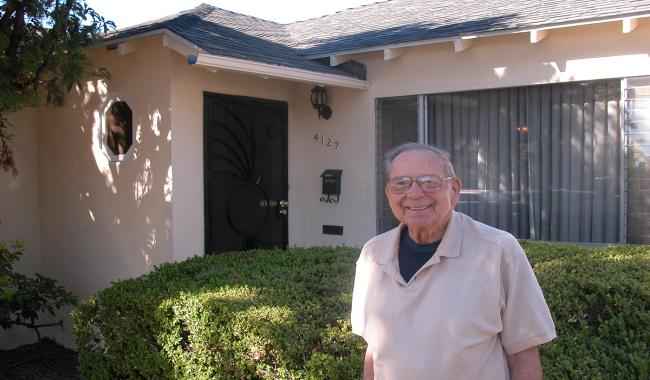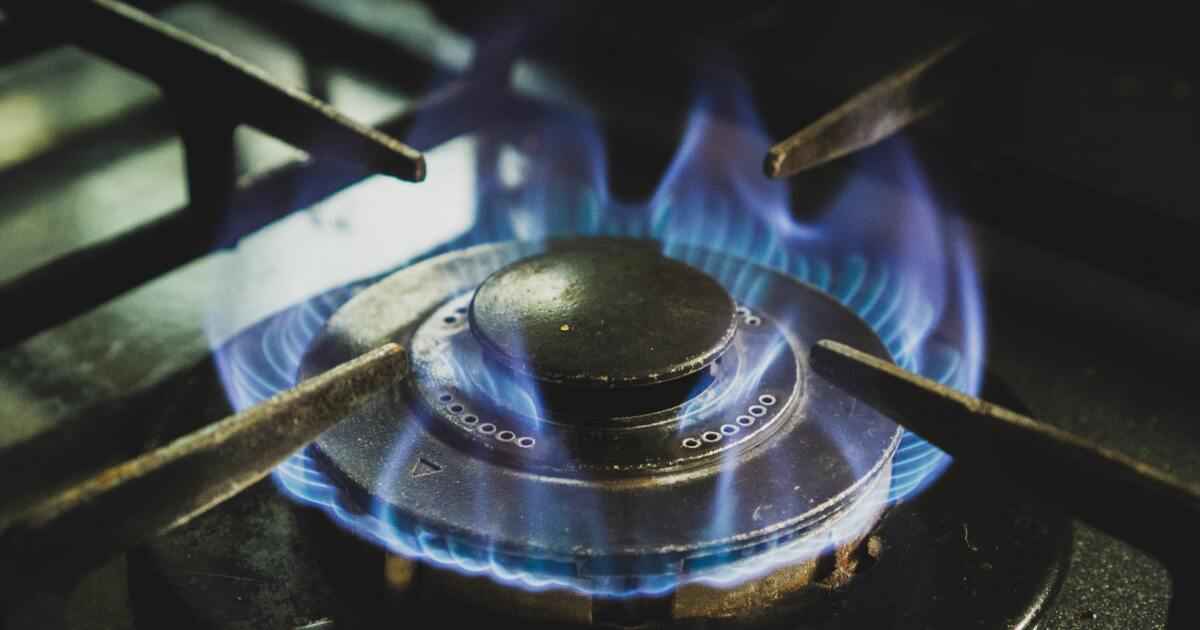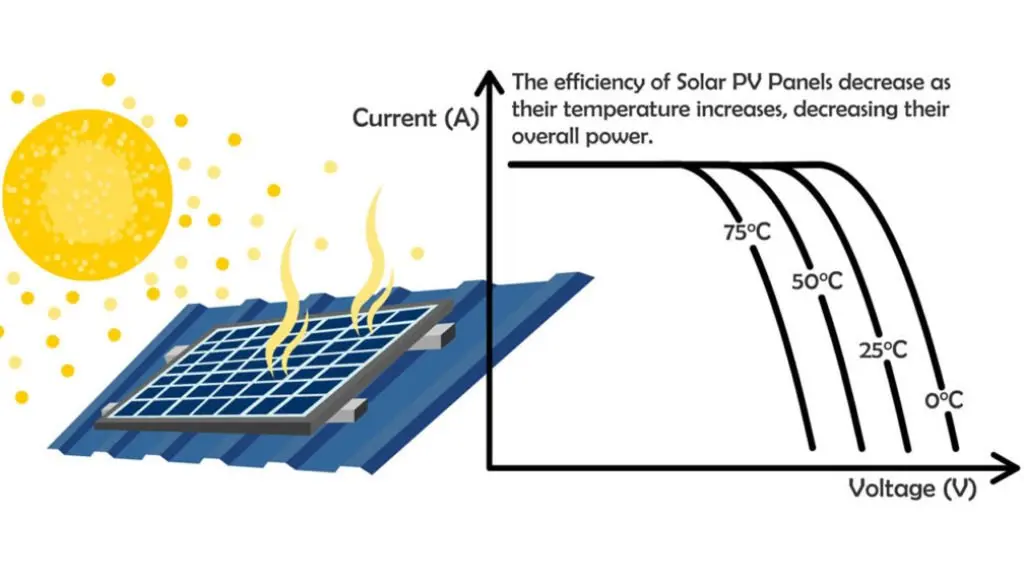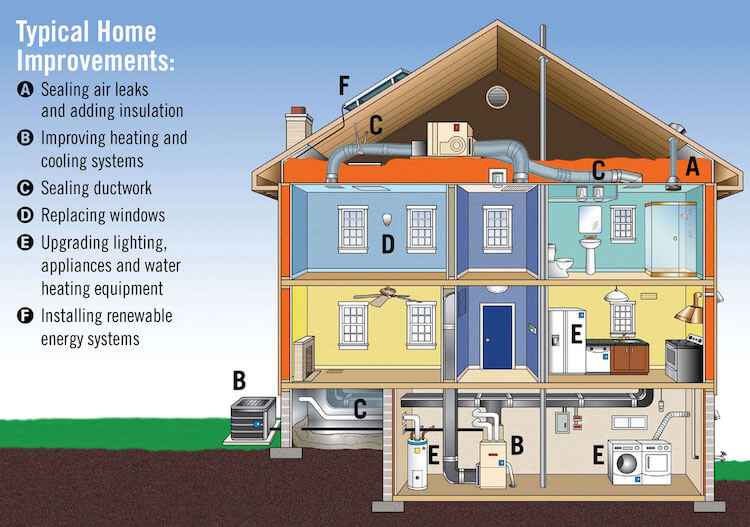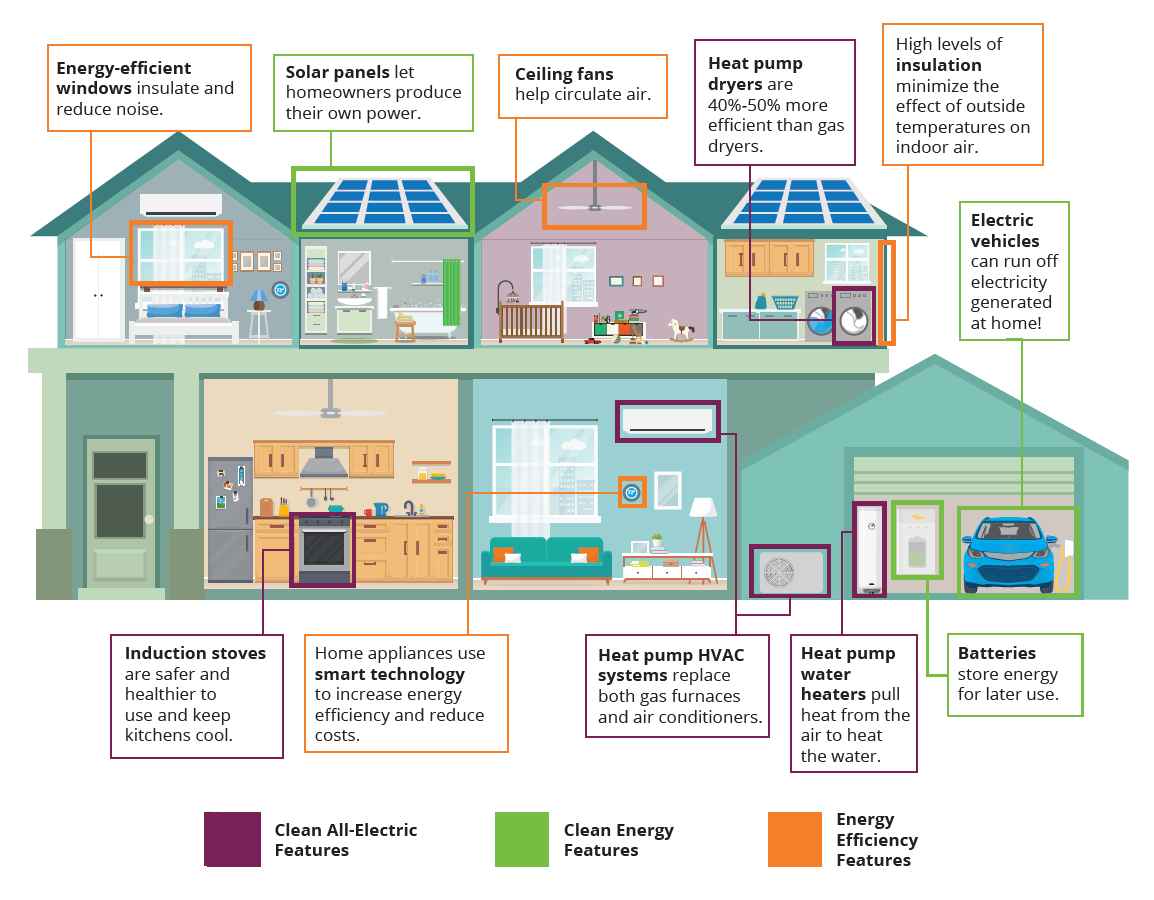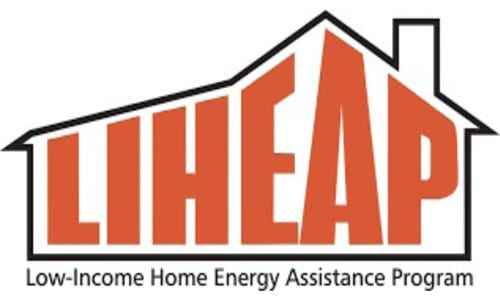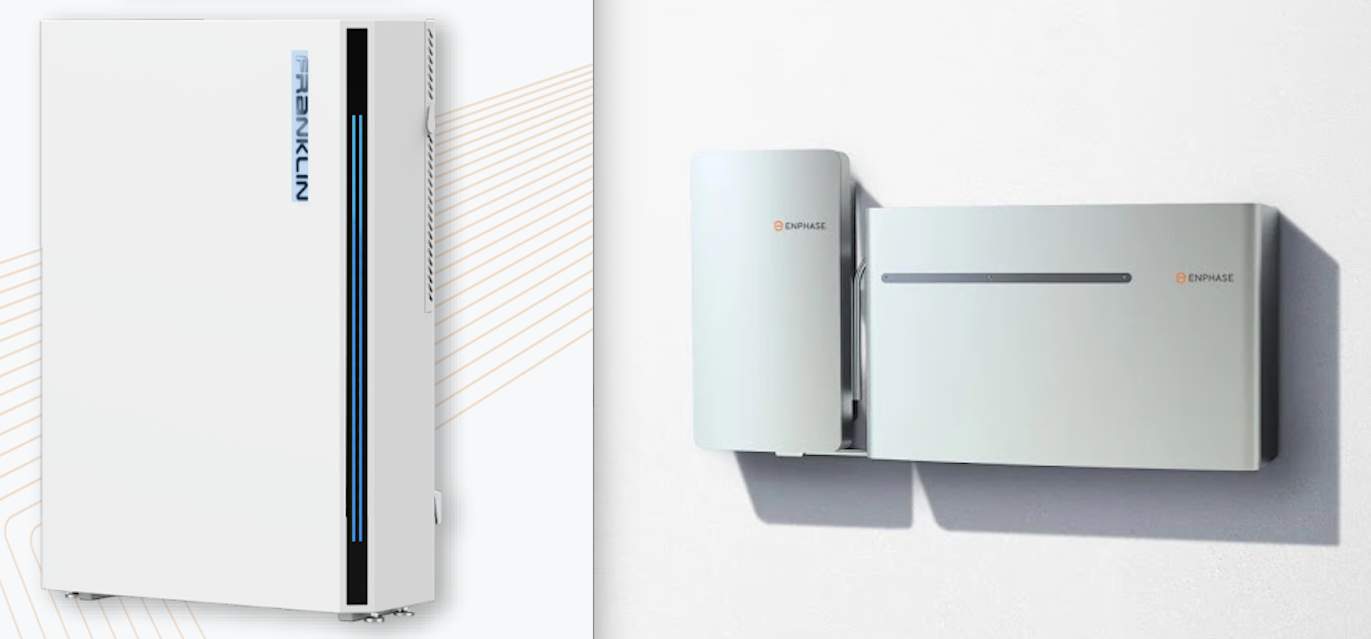
As the world marches forward in pursuit of greener energy alternatives, home batteries have become integral to harnessing and storing renewable energy. Among the myriad options available, lithium-ion batteries have risen to prominence due to their efficiency, longevity, and safety features. In this comprehensive article, we delve into two specific types of lithium-ion batteries designed for residential use: the Franklin Battery and the Enphase IQ Battery. While both are rooted in lithium-ion technology, they each possess unique characteristics that homeowners must consider, especially in terms of safety concerns.Franklin Battery: A Fortified Haven of Safety
Enter the Franklin Battery, fortified by lithium iron phosphate (LiFePO4) chemistry, a formulation that the U.S. Department of Energy (DOE) hails as the epitome of residential battery safety. Here’s a closer look at its safety-centric attributes:
- Explosion-Proof Build: In the unfortunate event of puncture or exposure to fire, the Franklin Battery remains steadfast. It stands as a testament to safety, remaining immune to the dangers of explosions that have plagued other batteries.
- Metal-Heavy, Worry-Light: Unlike its counterparts that often incorporate cobalt heavy metals, the Franklin Battery champions a toxic-free stance. This absence of hazardous metals not only safeguards homeowners but also contributes to a healthier environment.
- The Thermal Runaway Shield: Thermal runaway, an ominous term for battery overheating, is virtually non-existent in the realm of the Franklin Battery. With an almost negligible chance of thermal runaway fires, it’s an embodiment of safety.
- Certified Guardian: A battery’s safety is validated by certifications, and the Franklin Battery is no exception. It boasts UL certification for fire safety, a stamp of approval that underscores its reliability and security.
- Decay Delay: Over time, battery performance can degrade. The Franklin Battery, however, bucks this trend with its gradual degradation, ensuring a prolonged lifespan and sustained efficiency.
Enphase IQ Battery: Melding Safety with Smart
On the other end, we have the Enphase IQ Battery, an exemplar of cutting-edge lithium-ion technology. While safety is of paramount importance, the Enphase IQ Battery shines through with additional dimensions:
- Safety through Efficiency: The Enphase IQ Battery blends safety with efficiency. Its high energy conversion rate optimizes energy usage, ensuring that safety doesn’t come at the cost of performance.
- Modularity for Security: Embracing a modular design philosophy, the Enphase IQ Battery can be expanded seamlessly to accommodate evolving energy needs. This scalability prevents homeowners from overloading a single unit, enhancing overall safety.
- Intelligence Equals Safety: Smart energy management is synonymous with safety. The Enphase IQ Battery adapts to real-time energy requirements, ensuring that stored energy is dispensed optimally, thus conserving energy and costs.
- Integrated Safety: The integration of an inverter in the Enphase IQ Battery simplifies installation, reducing potential points of failure. This thoughtful design contributes to a safer and more streamlined energy storage setup.
- Transparency Equals Safety: Enphase provides real-time monitoring tools for homeowners. This transparency enables vigilant observation of energy production, consumption, and battery performance, promoting proactive maintenance and ensuring ongoing safety.
Statistics: A Closer Look at Safety
A comparative analysis wouldn’t be complete without a glimpse of the numbers. Let’s delve into some telling statistics:
- Zero Explosion Incidents: Franklin Batteries have maintained an impeccable record of zero explosions in cases of puncture or fire exposure, reinforcing their robust safety profile.
- 93% Safer: In independent tests, LiFePO4 batteries, like the Franklin Battery, demonstrated a staggering 93% lower thermal runaway risk when compared to other lithium-ion chemistries.
- 71% of Fires Prevented: Batteries with integrated inverters, such as the Enphase IQ Battery, have contributed to a 71% reduction in fire incidents, thanks to simplified setups and better control.
Safest Batteries on the Market
While the Franklin Battery and the Enphase IQ Battery exemplify the pinnacle of safety in home battery technology, they are not the sole contenders. Here is a list of some of the safest batteries available on the market:
- Sonnen ecoLinx: Known for its advanced energy management capabilities, the Sonnen ecoLinx boasts robust safety features, including fire prevention mechanisms and smart energy optimization.
- LG Chem RESU: The LG Chem RESU line of batteries is renowned for its longevity and safety. It employs cutting-edge technology to mitigate risks and ensure stable performance.
- Tesla Powerwall: Tesla’s Powerwall is equipped with multiple safety layers, including a liquid cooling system and thermal controls to prevent overheating and ensure safe operation.
- BYD B-Box: BYD’s B-Box battery systems come with built-in safety features such as a fire-resistant casing and an intelligent battery management system that monitors and controls energy flow.
- Pika Energy Harbor: Pika Energy Harbor batteries are designed with safety in mind, featuring rugged enclosures and comprehensive battery management systems that ensure optimal performance without compromising safety.
In overview…
In today’s market, a variety of battery storage technologies are available, with Lithium-ion batteries emerging as the frontrunner in Solar + Storage applications. While batteries share a common structure comprising cathodes, anodes, separators, and electrolytes, the distinct chemical compositions of different battery types significantly influence their dependability, effectiveness, safety, and cost.
Four primary battery types are prevalent for residential and commercial storage:
- Lithium-ion (Li-ion) batteries
- Lead-acid batteries
- Nickel-cadmium batteries
- Flow batteries
By comprehending the advantages and drawbacks inherent to each of these battery categories and recognizing their differentiating features, it becomes evident why Lithium-ion batteries stand out as the prevalent choice for residential energy storage in today’s market. Their attributes include high energy density, extended cycle life, and minimal self-discharge rates.

